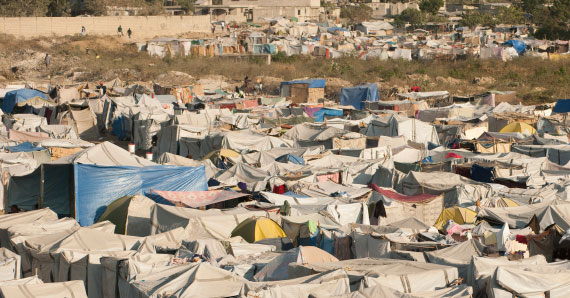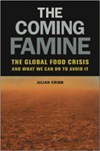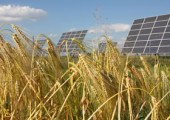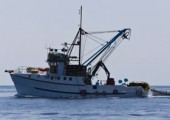
Food wars: the worst is still to come
Author | Julian Cribb
Modern wars are often driven by scarcities of food, land and water.
Dafour, Rwanda, Eritrea, the Balkans were all destabilized, at root, by squabbles over these resources. Going further back, the French and Russian civil wars both grew out of bread crises. We know that hunger breeds war.
The UK Ministry of Defence, America’s CIA, the US Center for Strategic and International Studies and the Oslo Peace Research Institute all identify famine as a potential trigger for conflicts and possibly even for nuclear wars.
The wars of the C21st are less likely to be global conflicts with sharply defined sides and huge armies than a scrappy mass of failed states, rebellions, civil strife, insurgencies, terrorism and genocides sparked by bloody competition over dwindling resources.
However the good news is that many wars can also be prevented – by using science to meet the rising demand for sustenance, despite the constraints described in this paper.
Refugee and internally displaced person numbers have risen sharply in recent years.
Future famines in any significant region – Africa, India, Central Asia, China, Indonesia, Middle East or any of the megacities – will confront the world with tidal waves of tens, even hundreds of millions of refugees.
But the 50m refugees who now flee every year are now preceded by over 200 million legal immigrants – a quarter of a billion people on the move each and every year. These are mostly people smart enough to read the signs in their home countries – and leave before disaster strikes.
Yet such vast movements are as nothing to the movements of the future.
These will dwarf the greatest migrations of history.
Thanks to the universal media, all the world now knows that safety, sustenance and a good life are to be found elsewhere if you have the courage and the means to reach for them.
In future, even places that are physically remote may face refugee tides in the millions or tens of millions, threatening profound change to society.
If we fail to secure the world’s food supply, governments in many countries may collapse under the onrush of people fleeing regional sustenance disasters. Every nation will face heavier aid and tax burdens and soaring food prices as a result.
Solving the challenge of global food insecurity should be the paramount concern of all nations and all people in the coming three generations. The global financial crisis is trivial in comparison. Even climate change, for all its menacing potential, is less immediately pressing.
If we don’t want wars and tidal refugee movements, one way we can prevent many of them is by securing the food supply – everywhere.
Julian Cribb is an award winning science writer with over 7000 published articles. He is a Fellow of the Australian Academy of Technological Sciences and Engineering (ATSE) and principal of Julian Cribb & Associates, consultants in science communication.
His book ‘The Coming Famine’ is about the global food crisis.






